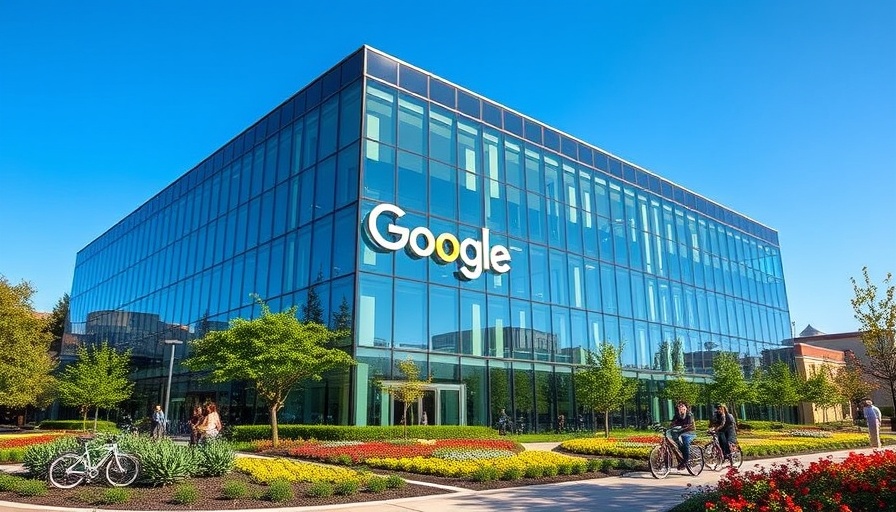
EU Takes Action Against Google: What This Means for the Adtech Industry
On September 5, 2025, the European Union (EU) levied a hefty €2.95 billion fine (approximately $3.5 billion) against Google for practices deemed anticompetitive in the advertising technology (adtech) market. This landmark ruling is the culmination of a four-year investigation into Google's advertising practices and its dominant role in the adtech landscape.
The Heart of the Matter
The EU's investigation focused on Google's cloud applications used by website operators and marketers. These applications facilitate the sale of ad space and the bidding process for it, with Google’s own auction platform, AdX, playing a central role. EU officials found that Google not only dominates this market but also manipulates its power to give its products an unlawful advantage, particularly by not directing bids to competing auction platforms. This preferential treatment has brought serious scrutiny and has led to significant fines.
Antitrust Ramifications: A Secure Future?
Besides the monetary punishment, the EU is demanding that Google alter its business practices to eliminate inherent conflicts of interest within its adtech operations. This could potentially involve Google divesting parts of its adtech business, a move that would change the competitive dynamics of the entire market. While Google prepares to appeal the ruling, its implications ripple across the adtech industry and paint a concerning picture for tech giants globally, as they now face increased accountability.
Cultural and Political Reactions
Responses to this announcement have been swift. U.S. President Donald Trump criticized the fine, arguing that it penalizes American innovation while asserting the penalties could hinder job creation in the U.S. Such reactions highlight the political overtones accompanying this legal decision, emphasizing the global tug-of-war surrounding giant tech firms.
Looking Ahead: What Does This Mean for Businesses?
The repercussions of this ruling extend beyond Google, influencing businesses that rely on adtech for revenue generation. For business leaders and managers, understanding the full implications of this ruling is essential. Strategies may need to be reevaluated in light of potential changes in how ad space is auctioned and marketed.
This case exposes the complexities of digital marketing and raises pertinent questions about the future of adtech. It compels professionals to stay informed and adaptable to emerging trends in an industry that is becoming increasingly scrutinized and regulated. The landscape of digital advertising will undoubtedly evolve as these legal battles unfold, making it critical for leaders to remain ahead of the curve.
 Add Row
Add Row  Add
Add 










Write A Comment